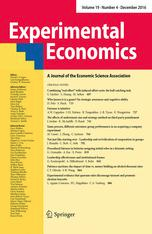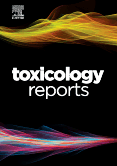 On June 10, Psycho-Oncology, a journal that publishes research on the “psychological, social, behavioral, and ethical” side of cancer, received a complaint.
On June 10, Psycho-Oncology, a journal that publishes research on the “psychological, social, behavioral, and ethical” side of cancer, received a complaint.
In a letter, Ad Kaptein, a researcher at the Leiden University Medical Centre, in the Netherlands, wrote to say that a review and meta-analysis published by the journal that month hadn’t adequately cited the relevant literature in the field, including seven studies co-authored by Kaptein himself. The authors of the original paper say they had considered citing Kaptein’s work but decided against it, for various reasons.
The journal considered Kaptein’s complaint valid enough to publish his letter. But the letter carries the title “Expression of concern” — a term usually reserved for editorial notices issued by the journal to warn readers about some aspects of an article. But in this case, the author supplied the term, not the journal — yet the letter is tagged as an Expression of Concern on PubMed, giving the impression the paper has received a formal editorial notice.
Journal Co-Editor Maggie Watson told Retraction Watch:
Continue reading Miffed at exclusion from a meta-analysis, researcher writes own “expression of concern”

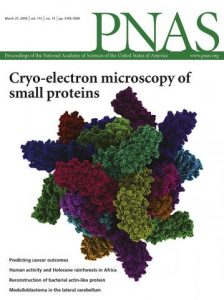


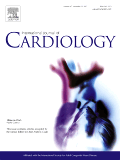 A cardiology journal has retracted a 2016 meta-analysis after the editors had an, ahem, change of heart about the rigor of the study.
A cardiology journal has retracted a 2016 meta-analysis after the editors had an, ahem, change of heart about the rigor of the study.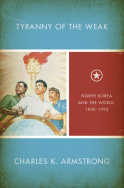 A historian based at Columbia University has returned a 2014 prize after criticisms prompted him to issue more than 70 corrections to his prominent book about North Korea.
A historian based at Columbia University has returned a 2014 prize after criticisms prompted him to issue more than 70 corrections to his prominent book about North Korea.